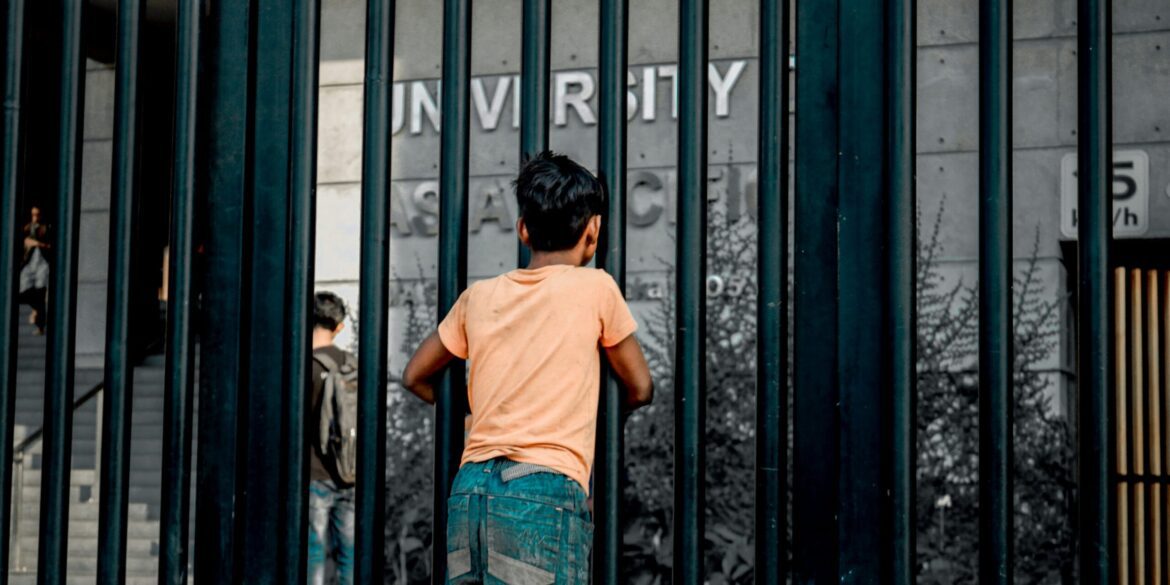The immigration policies introduced during the Trump administration, particularly the deployment of military personnel as immigration judges and the termination of Temporary Protected Status (TPS) for Venezuelans, are now facing significant legal challenges in federal courts. These policies have sparked widespread criticism from various civil rights groups, legal experts, and immigration advocates, who argue that they may violate constitutional rights and due process protections that are afforded to individuals under U.S. law.
One of the most controversial elements of the Trump administration’s immigration policies was the use of military personnel to serve as immigration judges. This unprecedented move raised concerns about the impartiality and fairness of immigration proceedings, as military personnel are not typically trained in legal matters and may not have the necessary expertise to handle sensitive cases involving asylum seekers, refugees, and immigrants. Critics contend that this policy could undermine the integrity of the judicial process and deny individuals the opportunity to have their cases heard by qualified legal professionals, potentially violating due process rights guaranteed by the Constitution.
In addition to the military judges, the Trump administration’s decision to terminate Temporary Protected Status (TPS) for Venezuelans has also been the subject of legal scrutiny. TPS is a humanitarian program that provides temporary relief from deportation and work authorization to nationals of countries that have experienced significant turmoil, such as natural disasters or armed conflict. The decision to end TPS for Venezuelans has left thousands of individuals in legal limbo, many of whom have lived and worked in the U.S. for years. Critics argue that the termination of TPS for Venezuelans, who have been fleeing political and economic instability in their home country, is both inhumane and unlawful, as it exposes them to the risk of deportation to an unsafe environment.
These policies have led to a series of lawsuits challenging the Trump administration’s approach to immigration. Legal experts point to potential violations of both U.S. constitutional protections and international human rights standards. The cases are being closely watched, as their outcomes could have significant implications for future immigration policies and the treatment of immigrants and asylum seekers in the United States.
As these legal challenges continue to unfold, they highlight the ongoing debate over immigration policy in the U.S. and the tension between national security concerns and the protection of fundamental rights. The outcome of these cases could ultimately shape the future of immigration law and policy in the U.S., influencing how the country addresses issues such as asylum, deportation, and the treatment of vulnerable populations.

